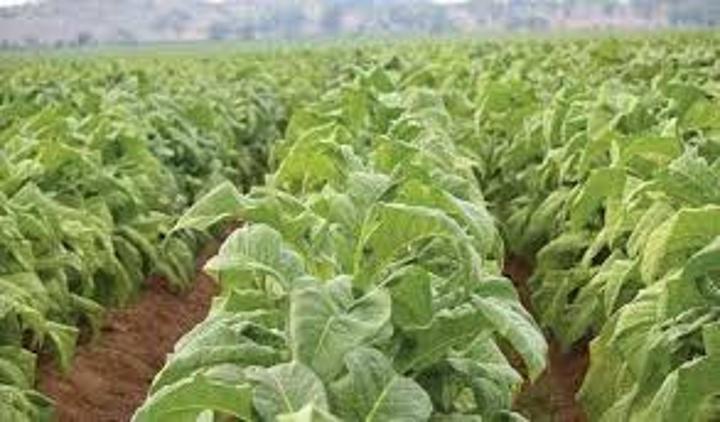Africa-Press – Zimbabwe. ZIMBABWE tobacco industry stakeholders have welcomed a pact with Philippines tobacco regulatory body National Tobacco Administration (NTA), which is currently in the country, saying the move is aimed at boosting the multi-million dollar agro economic stimulus plan.
The tobacco regulatory body’s mission is aimed at boosting co-operation and sharing expertise in tobacco value chains.
Zimbabwe Tobacco Growers Association president George Seremwe said farmers would benefit from such visits through cross-pollination of ideas.
“We are grateful for such exciting change of ideas by both parties. It enhances value-addition to the tobacco industry. This is a great development for the sector,” Seremwe said.
“Zimbabwean farmers will benefit from such visits and see how things are being done in the Phillipines and broaden the market since large quantities of tobacco is consumed in the Asian country.”
He added that tobacco producers remain committed to increased demand.
“There is potential that our own tobacco may enter their market, thereby boosting prospects for our golden leaf,” Seremwe said.
“Zimbabwean farmers will definitely fill the gap and increase the production demand and producers prices. It’s a positive approach.”
Tobacco Industry and Marketing Board public affairs officer Chelesani Tsarwe said the visit is part of the organisation’s broader move to consolidate the sector.
“The visit marks an important step in strengthening the relationship between the two nations both striving to grow sustainably and manage tobacco industries,” Tsarwe said.
“Zimbabwe stands to benefit immensely from the Philippines’ advanced tobacco processing model.”
She added: “Currently, over 98% of Zimbabwe’s tobacco is exported in raw form, with minimal local beneficiation. Learning from a model that processes over 46 billion cigarettes domestically each year presents an invaluable opportunity for our industry.
“TIMB acknowledges the active engagements the delegation has had with local stakeholders, including visits to auction floors, processing facilities, and related value chain sectors.
“These exchanges are critical in identifying scalable solutions for local processing, promoting alternative curing methods such as the use of LPG [liquefied petroleum gas], and exploring the use of giant timber bamboo, a fast-maturing crop that can help alleviate deforestation.”
As of this month, Zimbabwe’s tobacco industry is experiencing notable growth, with projections indicating a harvest of up to 300 million kilogrammes for the 2024/25 season, an increase driven by favourable rainfall and expanded smallholder farmer participation.
Tobacco remains the country’s largest agricultural export, earning US$1,3 billion from 236 million kg exported in 2024.
Zimbabwe exports tobacco to over 60 countries, with China, the United Arab Emirates, South Africa and Indonesia among the key buyers.
The government, through the Tobacco Value Chain Transformation Plan, aims to convert the sector into a US$5 billion industry by promoting local value addition, increasing domestic funding, and improving infrastructure such as curing facilities.
National Economic Consultative Forum acting executive secretary Musi Muzite said the Zimbabwe-Phillipimes pact works well with the country’s strategic push for agriculture value-addition.
“This is an ideal opportunity for Zimbabwean farmers and processors,” Mutize said.
“We have made significant progress in production, and by leveraging the Philippines’ expertise in processing, we can unlock greater value across the entire tobacco chain.”
Industry and Commerce minister Mangaliso Ndlovu underscored the strategic importance of the visit.
“The Philippines bring world-class expertise in tobacco processing,” he said.
“Zimbabwe stands to benefit immensely from this co-operation, which will help us address the current gaps in our value chain and improve economic returns from our number one export crop.”
Zimbabwe is making efforts to shift from raw commodity exports to value-added production, in line with its Vision 2030 economic transformation agenda.
NTA regulatory manager Robert Ambrose said there are plans for the Philippines to forge long-term partnerships that helps mutual benefits.
“We have been in Zimbabwe and our mission is to explore areas where we can collaborate, particularly in the production of tobacco,” he said.
“While we have a comparative advantage in processing, Zimbabwe leads in raw tobacco production, and we see great potential in combining our strengths.”
For More News And Analysis About Zimbabwe Follow Africa-Press






